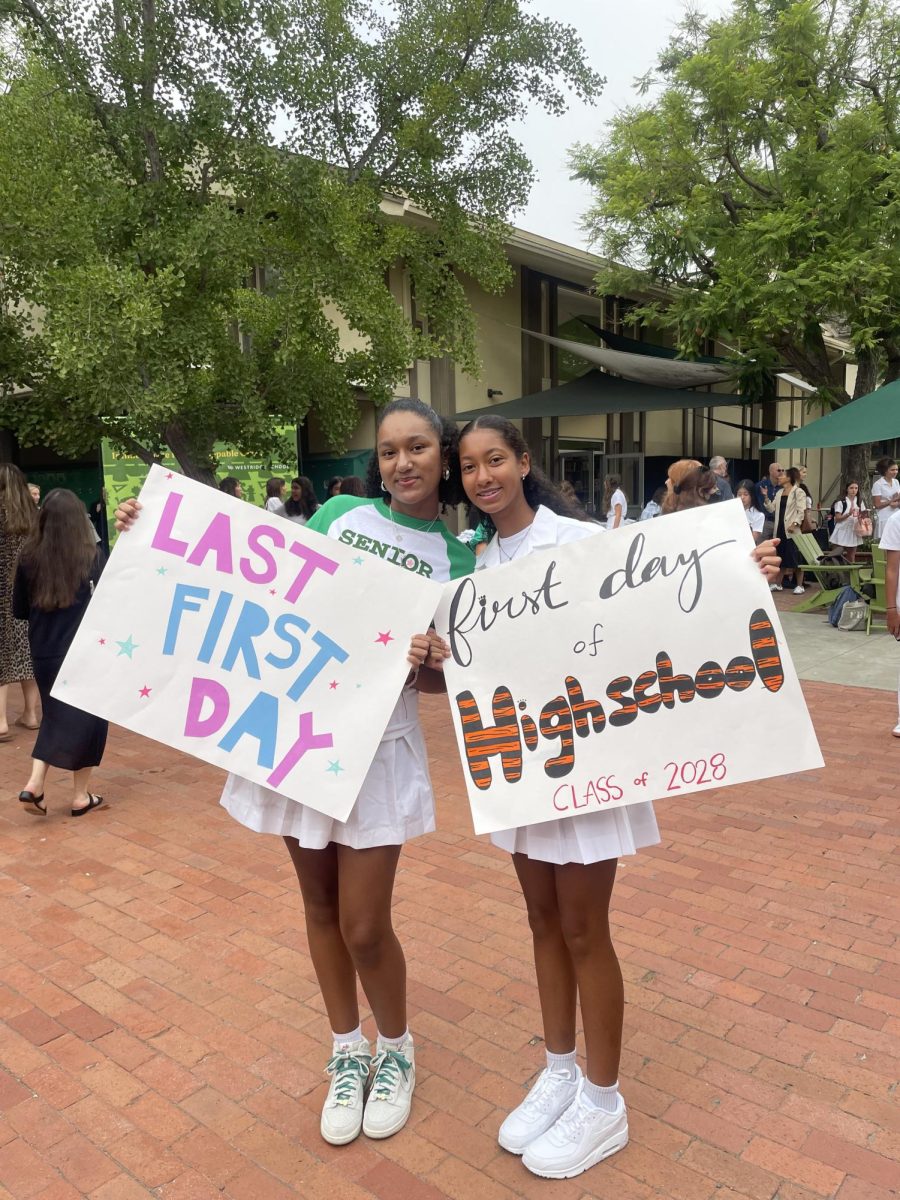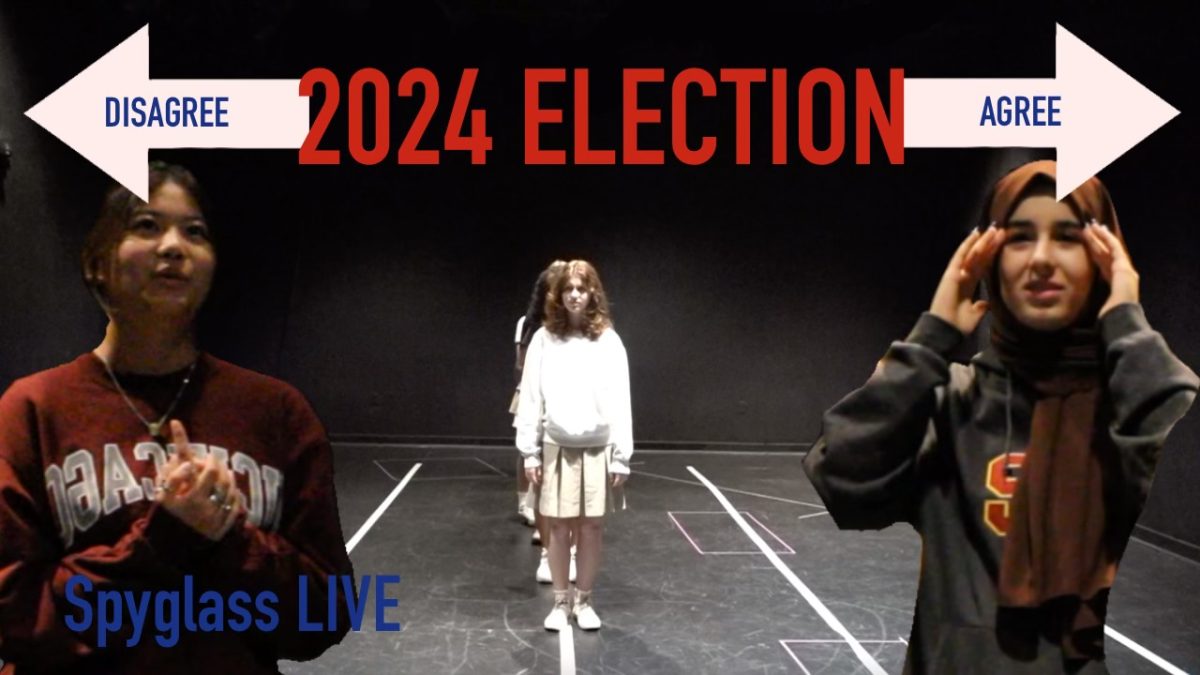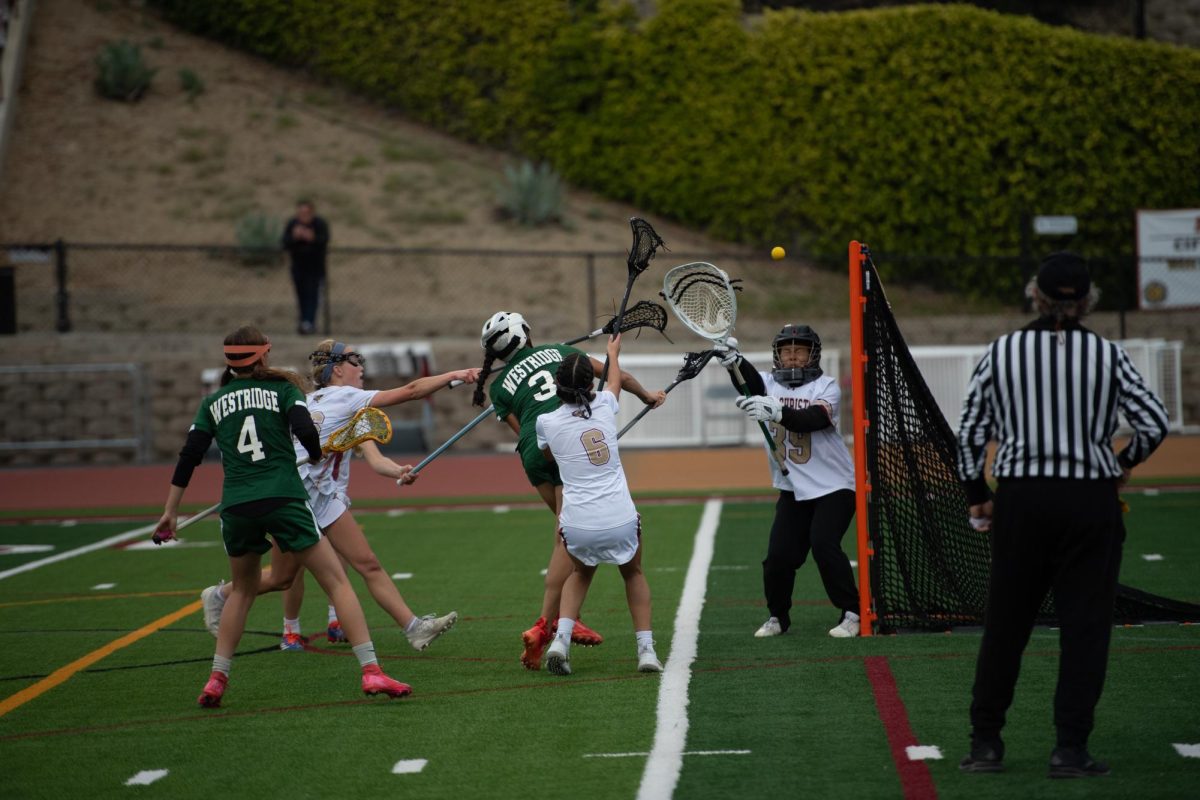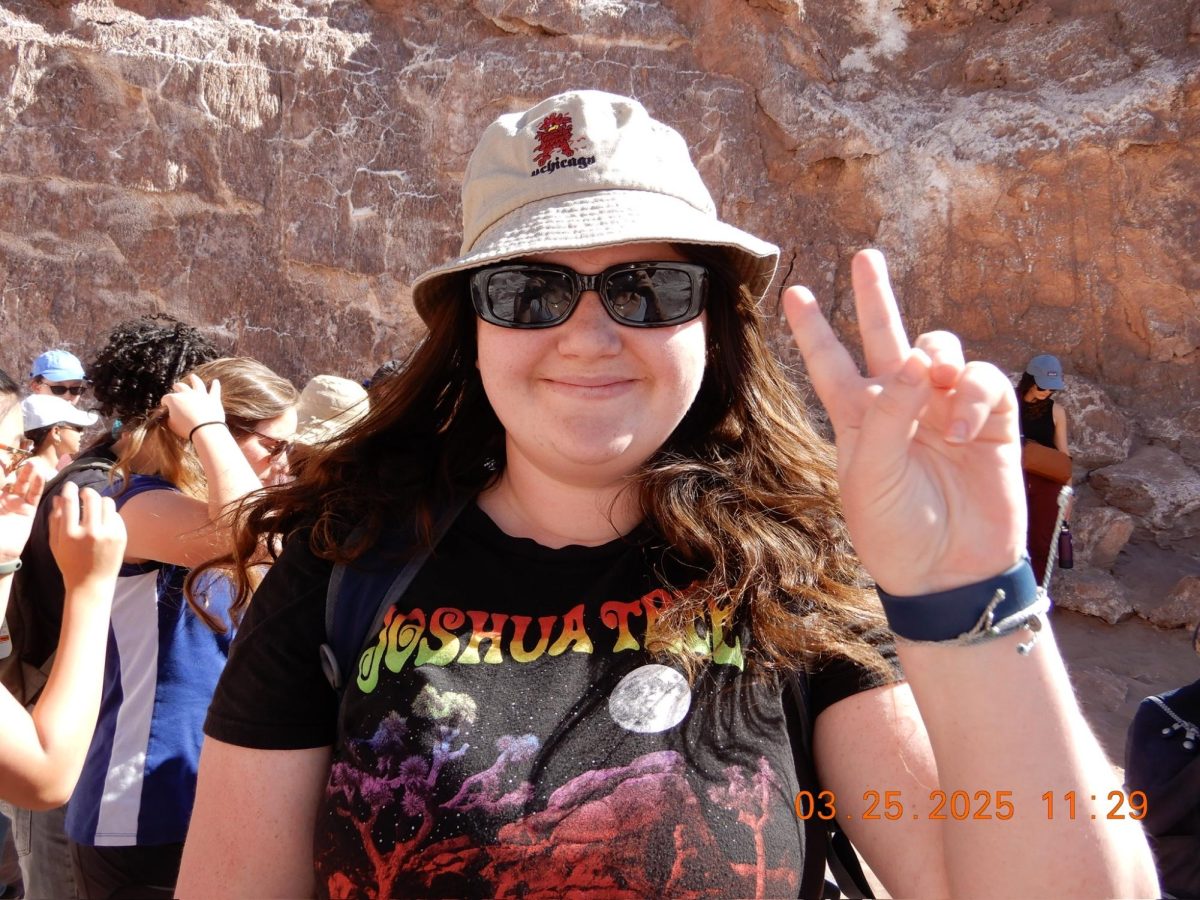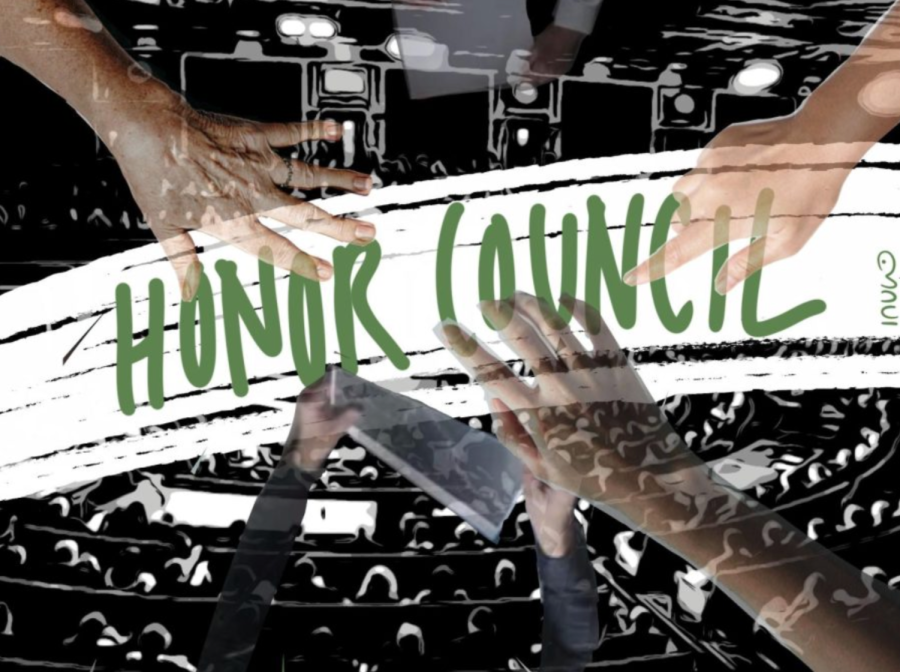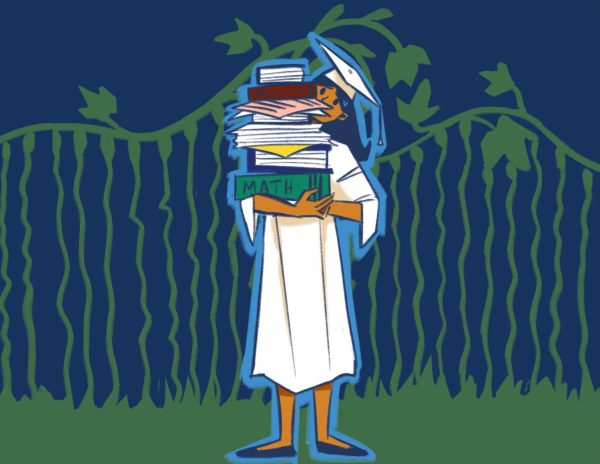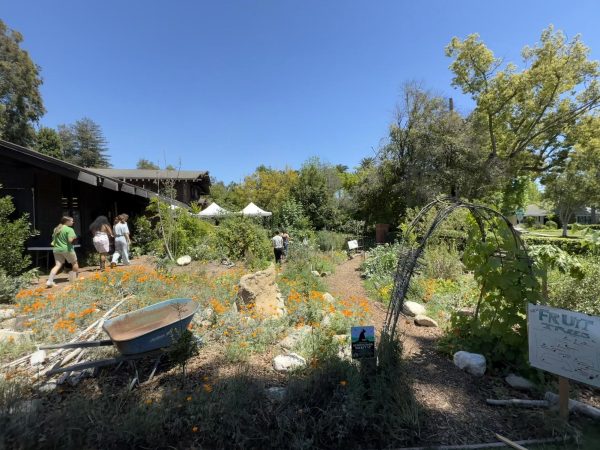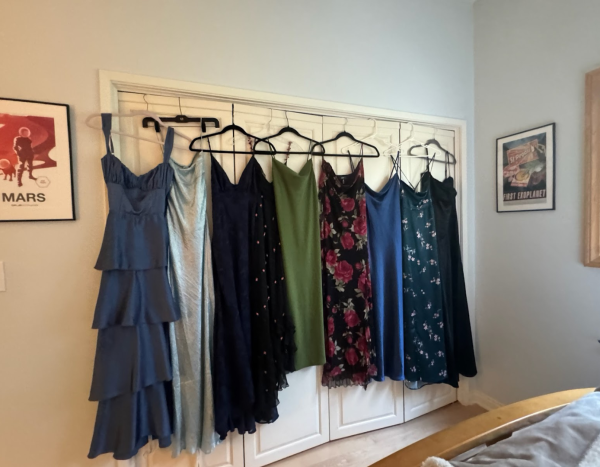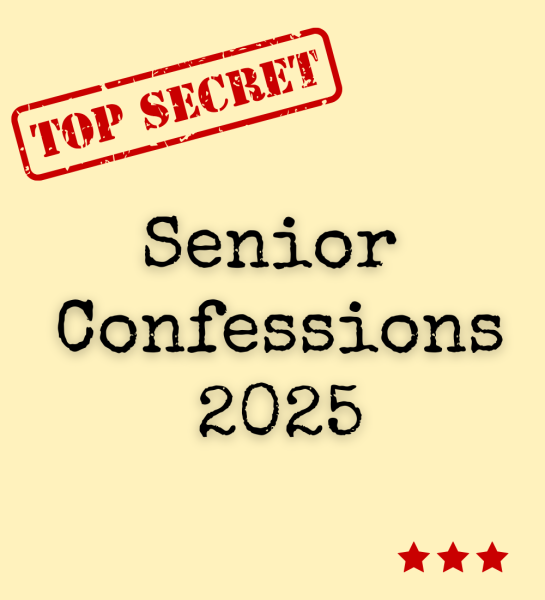“It’s been a year of planning and training”: Westridge’s Honor Council Concludes Its Pilot Year
The 2022–2023 school year served as the pilot year for Westridge’s Honor Council, a program that allows Upper School students to gather and discuss conduct that doesn’t align with Westridge’s values of Integrity, Respect, Responsibility, and Inclusion. A pilot year provided the opportunity to train the Honor Council’s members and discover areas for growth in order to help strengthen the program. Through training and many important discussions, the Honor Council has prepared itself for the next school year, where they will begin to address individual student cases.
“It’s been a year of planning and training,” said Mr. Baldwin. He continued: “We’ve really spent this year working with the kids that are on the Honor Council…to talk about, you know, what are the things that we want the Honor Council to address? What are those conversations going to look like?…We’ve been talking about what we want the Honor Council to do, and what kind of training we need for it to be able to do that.”
Along with Mr. Baldwin, Upper School Dean of Student Support Ms. Bonnie Martinez oversaw the Honor Council’s efforts this year. “The [members] in the [Honor Council] talked about their concerns and their desires, which was also like, ‘how are we going to roll it out? How can we be proactive?’” Ms. Martinez said. She continued: “…It was really like a lot of soul searching, a lot of training.”
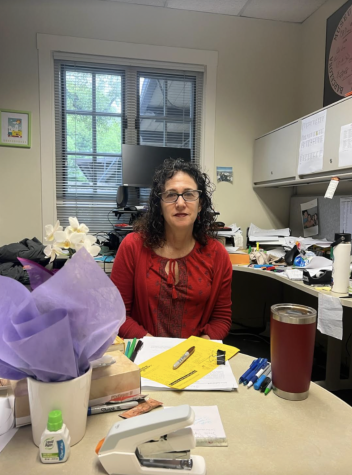
Honor Council has prioritized training members by meeting every other week. These sessions, led by Director of Equity Mr. Ian Tatum, centered around restorative practices. “Mr. Tatum has led a number of trainings on restorative practices and how to have conversations like that,” Mr. Baldwin said. “And, you know, we have talked about different kinds of situations and [have] sort of tried to get some common ground as to how we think they should be approached, and…what the goal of any meeting of the Honor Council will be in [terms of] what you’re trying to do.”
Additionally, the Honor Council’s training involved other faculty members, including Ms. Tami Millard, Learning Support Specialist, who trained the Council in empathetic listening. Class deans and other teacher volunteers were also involved in the Honor Council’s conversations.
Laura Hatchman, Upper School Science teacher and 10th grade Class Dean, described her role in helping lead the Honor Council. “I just kind of lead the discussion and [am] there as [an] additional [voice]…offering opinions on how we should seek out members to be on the Council and how we’re going to actually run the meetings, the bylaws,” Ms. Hatchman said. “We’re just a part of those conversations.”
Micah M. ’25, a member of the Honor Council, shared, “As for this year, we’re sort of figuring out what we wanted to be, and it’s been a great interactive conversation with students and teachers, [and] faculty about that.”
Micah also explained that serving on the Honor Council has allowed her to develop many important skills that she uses outside of the program. “I really enjoyed it, being on Honor Council that is, and I think it’s been really great training, just as a person in general.” Micah said. “So learning about restorative practices, effective listening, and trying to be an open-minded objective listener to people, I think is a skill that everyone could have.”
Throughout its first year, the Honor Council has spent time drafting bylaws to further establish its purpose and approach to specific cases. “The bylaws are, you know, are really just the rules for this as an organization, as an institution,” Mr. Balwin explained. “First of all, how do you get to be on the Honor Council; who’s eligible to be on the Honor Council; what if somebody on the Honor Council themselves has a disciplinary situation? What does that mean? You know, what do we do if there’s a breach of confidentiality…how do all of those things work?”
Mr. Baldwin continued: “The reason for having bylaws is so that everybody knows what the rules are. And everybody knows how this thing works. And if we are in doubt, or in disagreement about what to do in a particular case, you go back to the bylaws, and this is what they told us to do.”
The Honor Council will most likely have a draft of its bylaws before the end of this school year. Mr. Baldwin also noted that moving forward, the Honor Council may amend its bylaws to ensure that it is consistent with the essence of the program. “I think every year, there’s going to be new voices on that Honor Council, and every year, we’re going to look at what we do and how we do it,” Mr. Baldwin said. “And if we need to make changes along the way, we will make changes.”
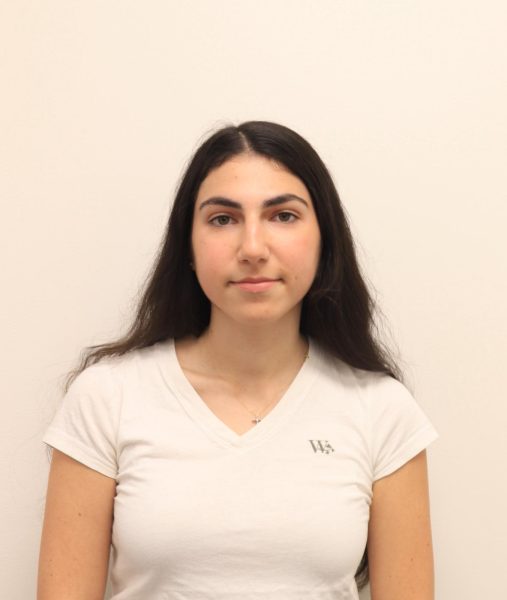
Sophene is a senior and in her sixth year on Spyglass. In her free time, she enjoys baking, spending time with family, and watching Gilmore Girls and Friends.




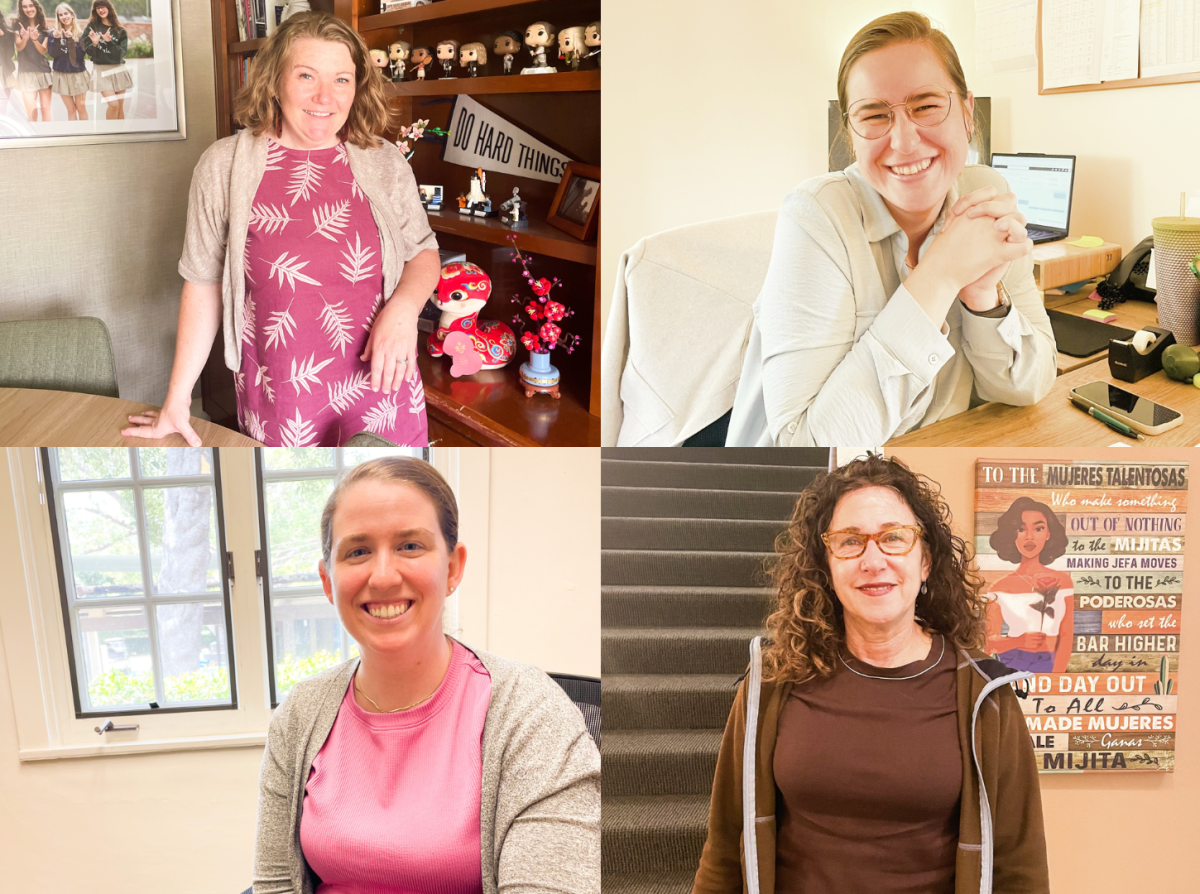
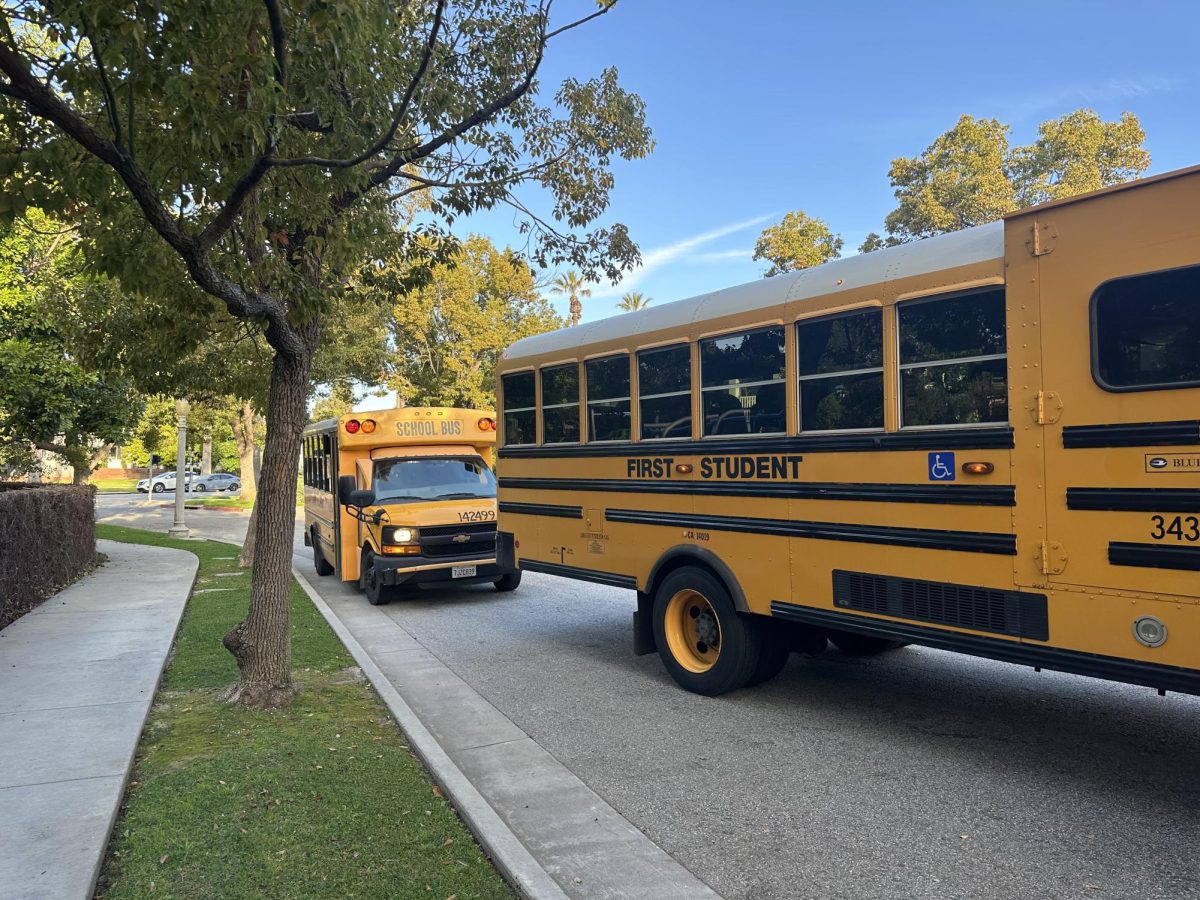


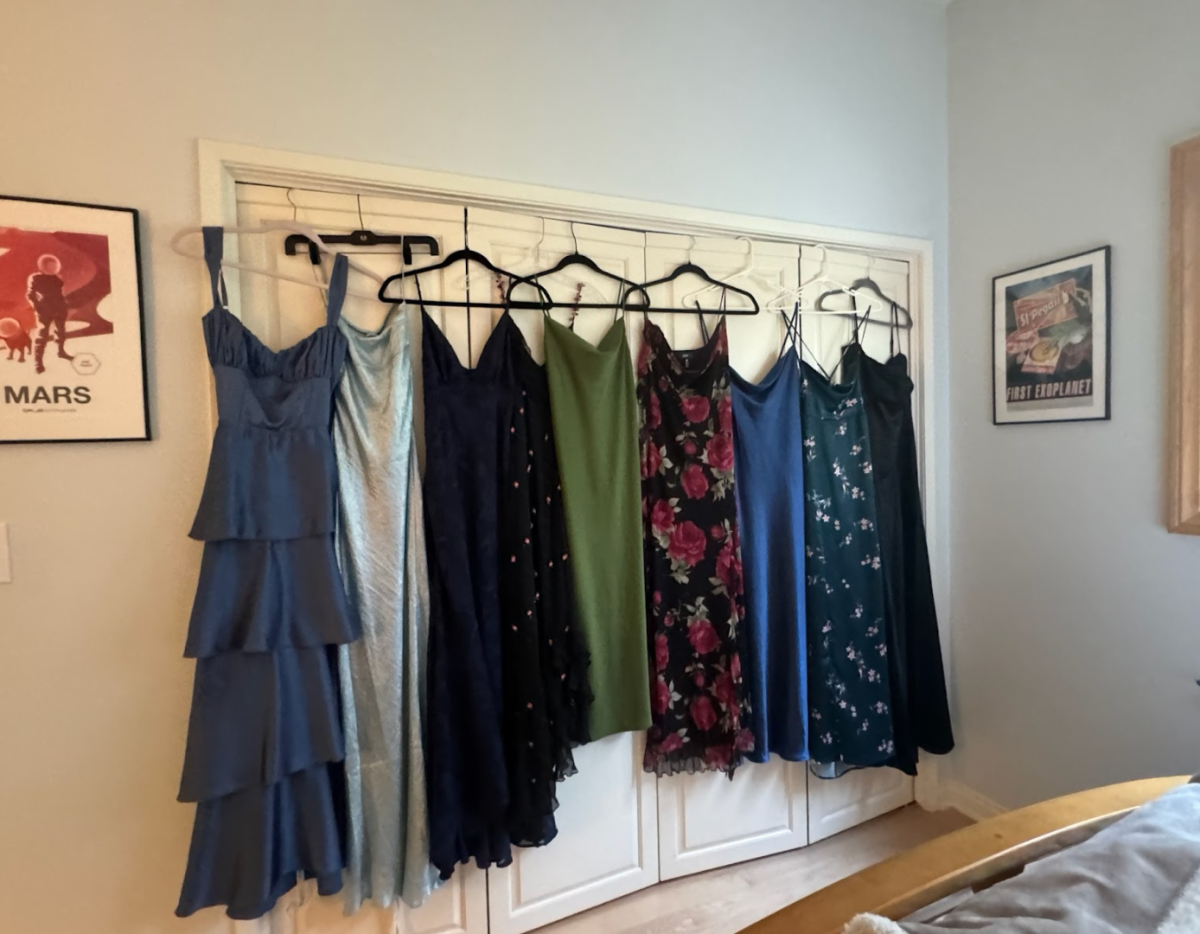








![Dr. Zanita Kelly, Director of Lower and Middle School, pictured above, and the rest of Westridge Administration were instrumental to providing Westridge faculty and staff the support they needed after the Eaton fire. "[Teachers] are part of the community," said Dr. Kelly. "Just like our families and students."](https://westridgespyglass.org/wp-content/uploads/2025/03/dr.-kellyyy-1-e1748143600809.png)








